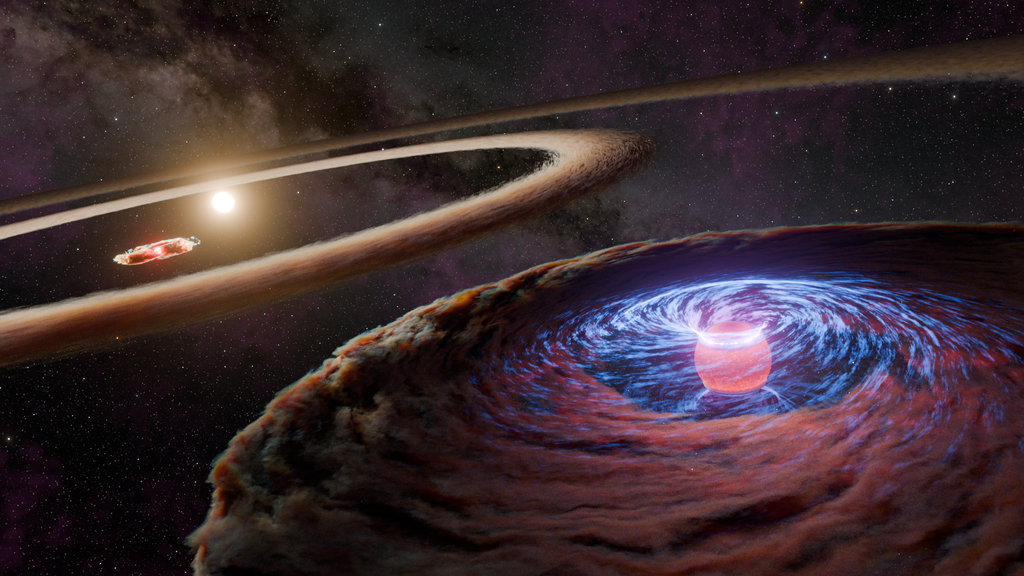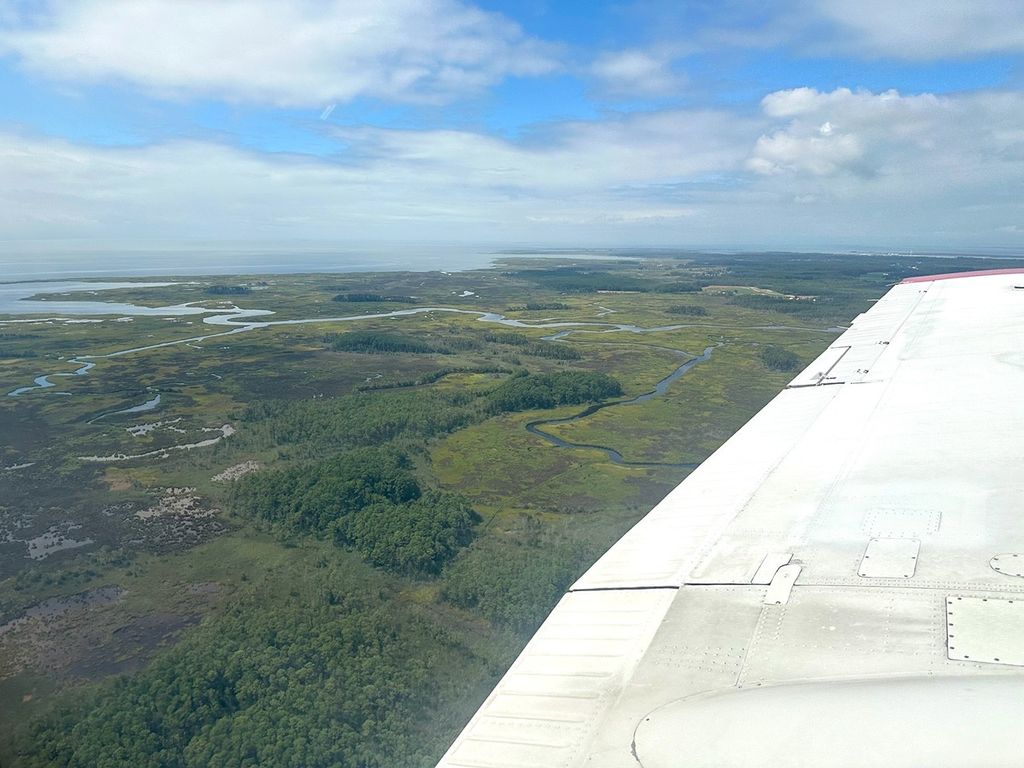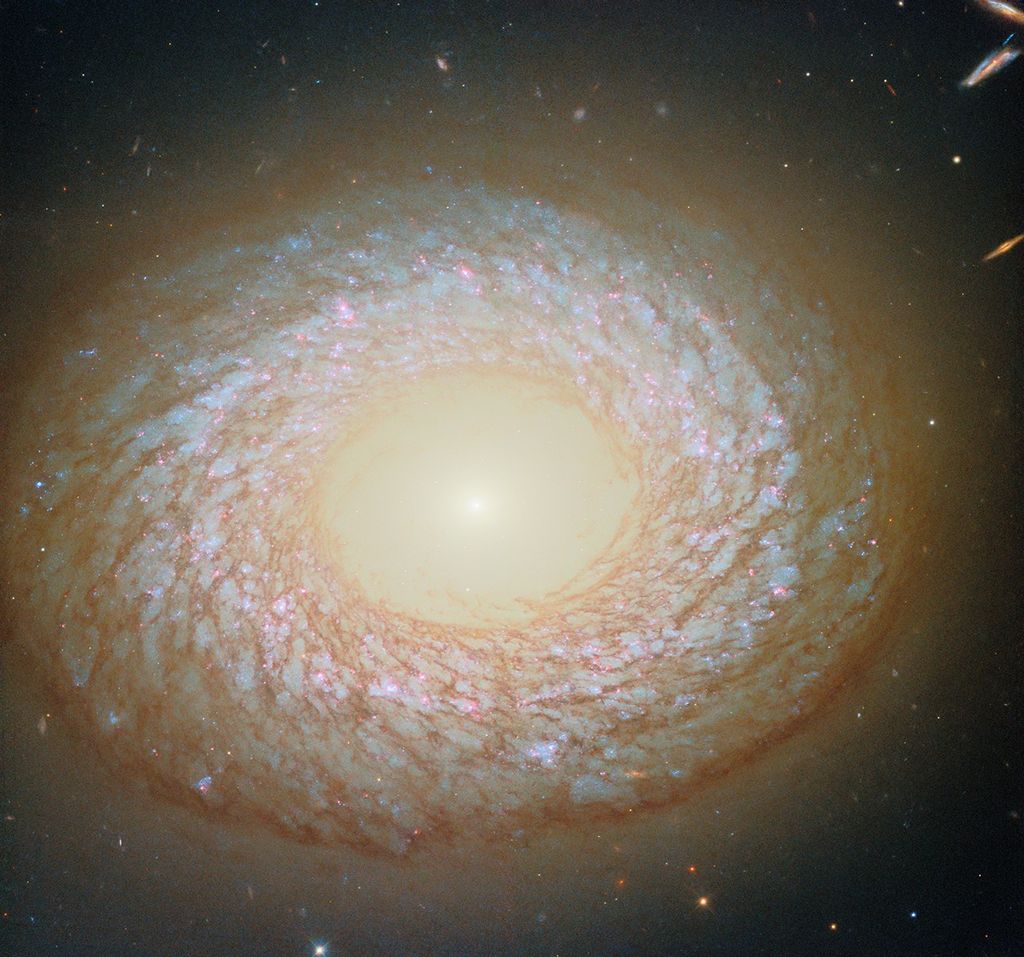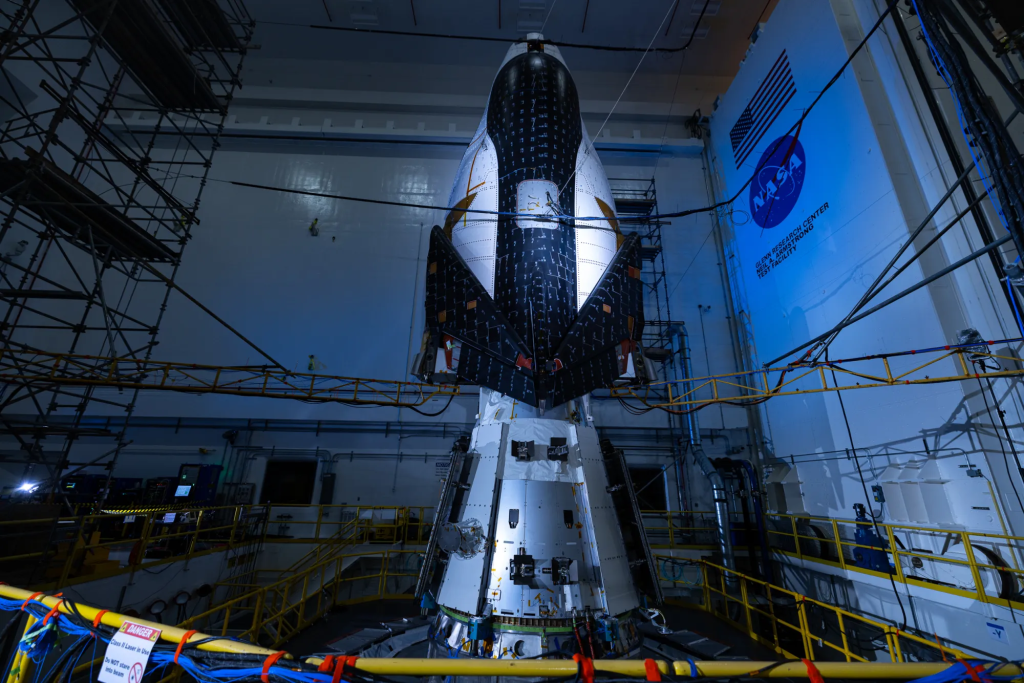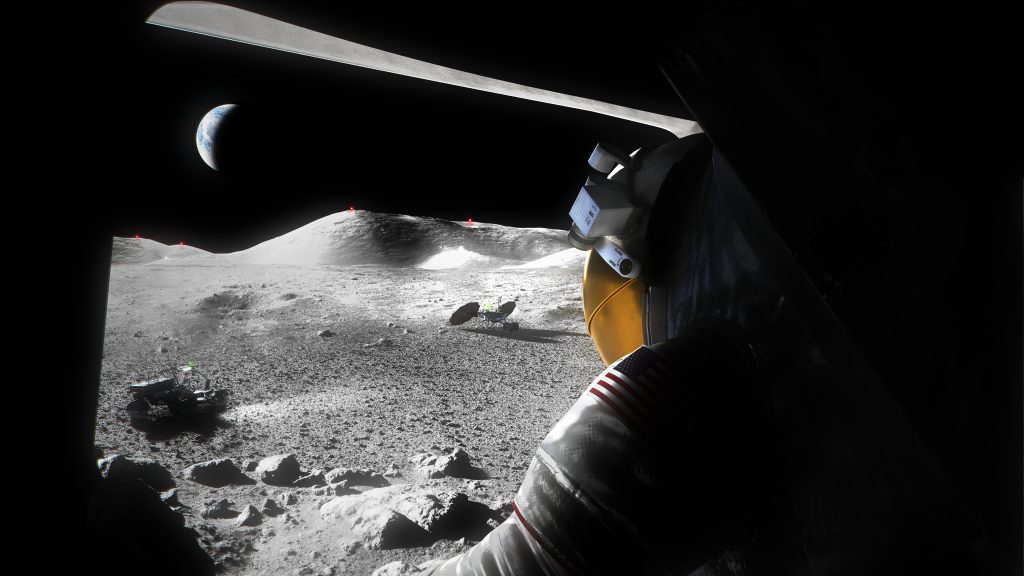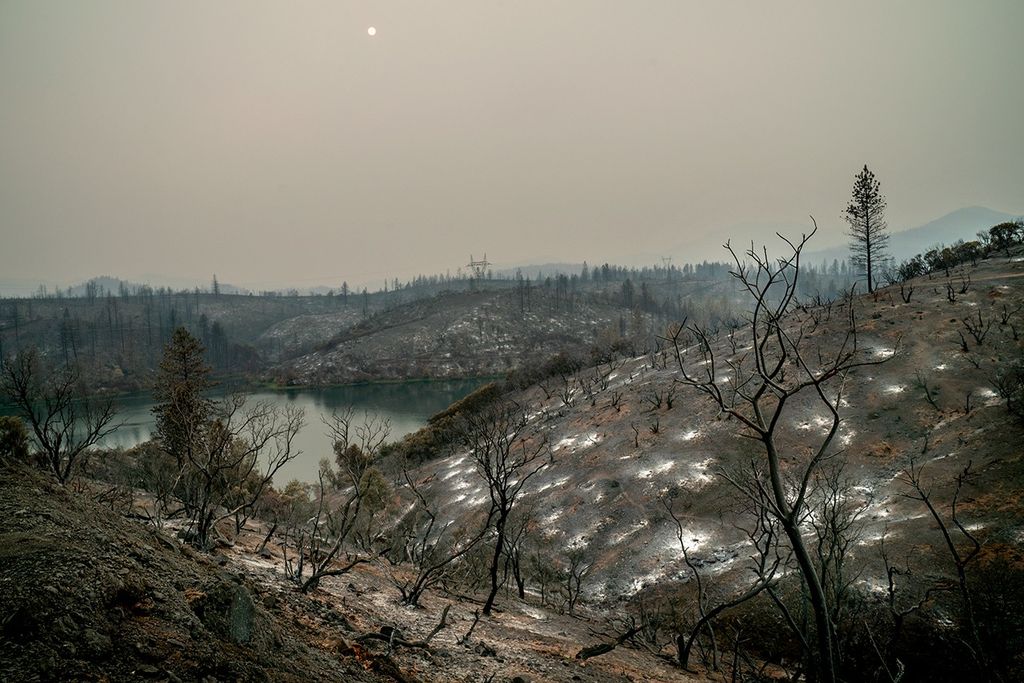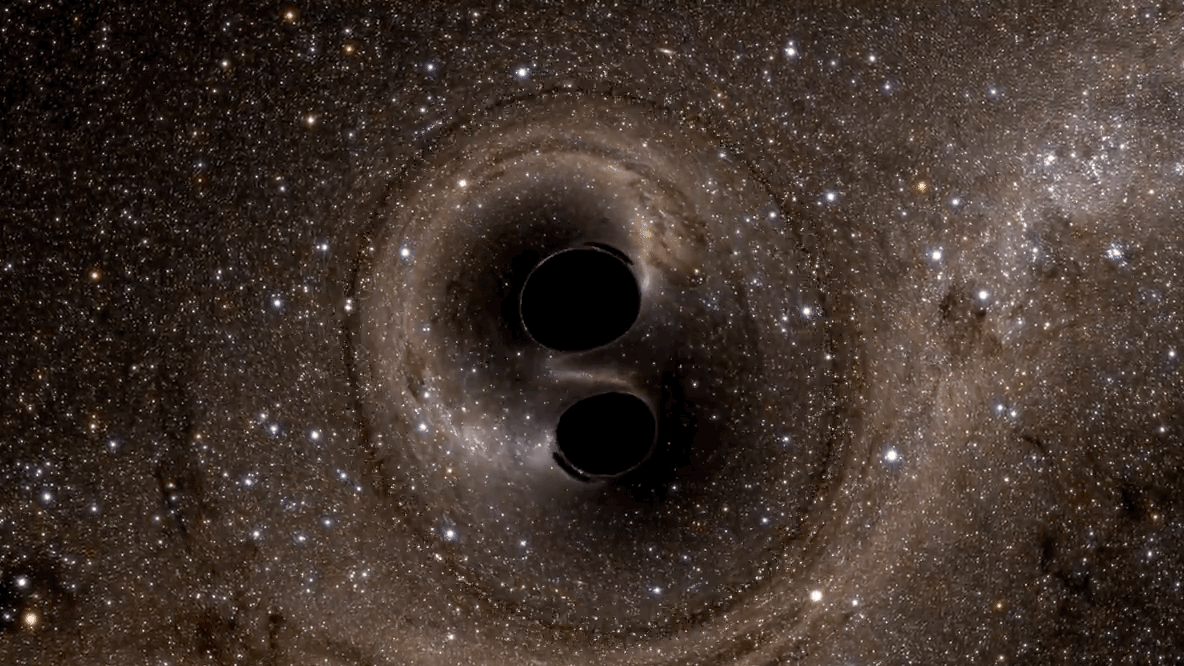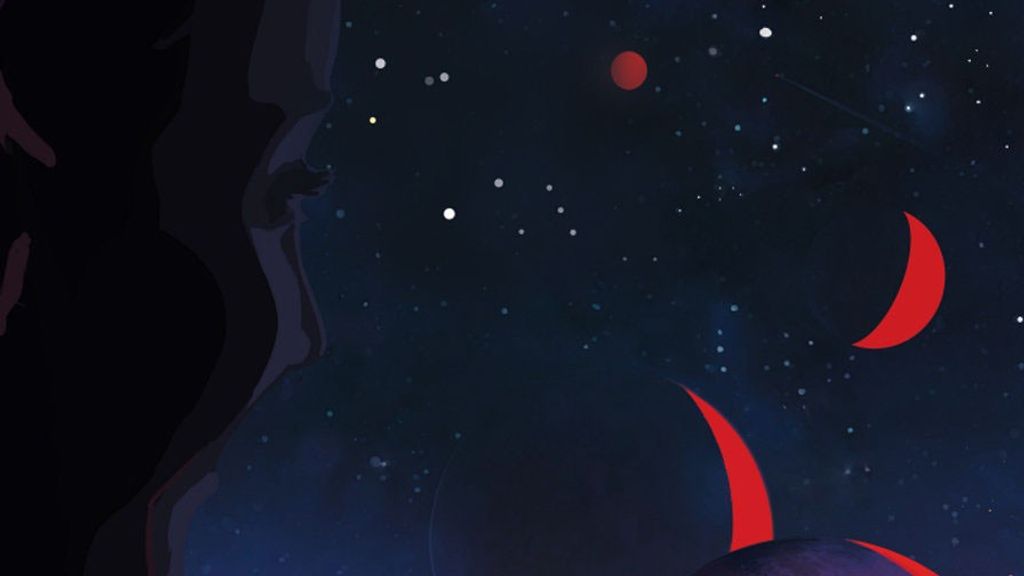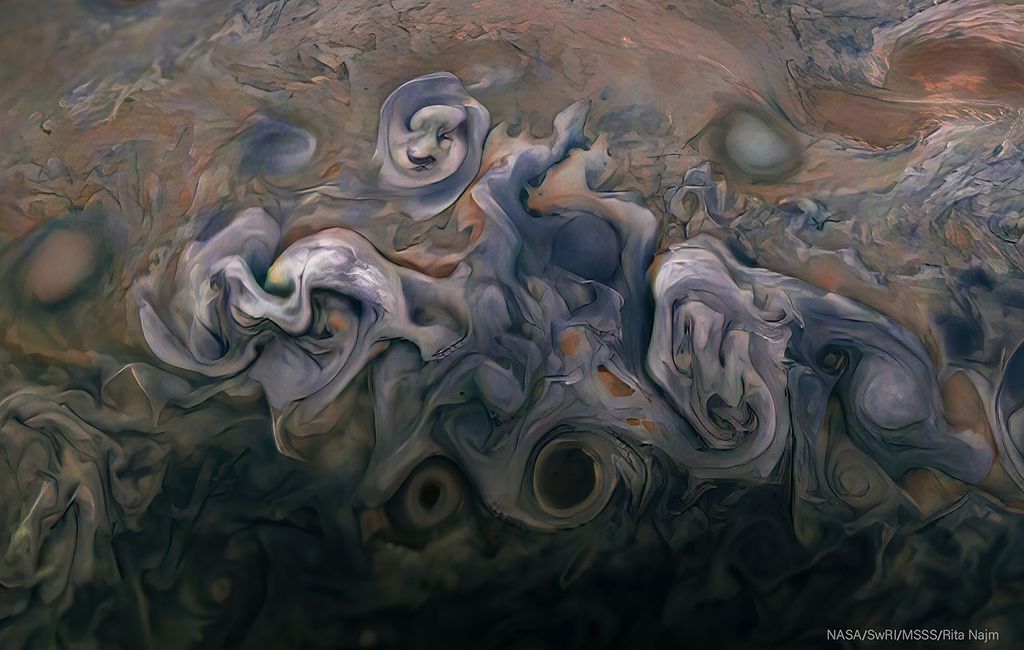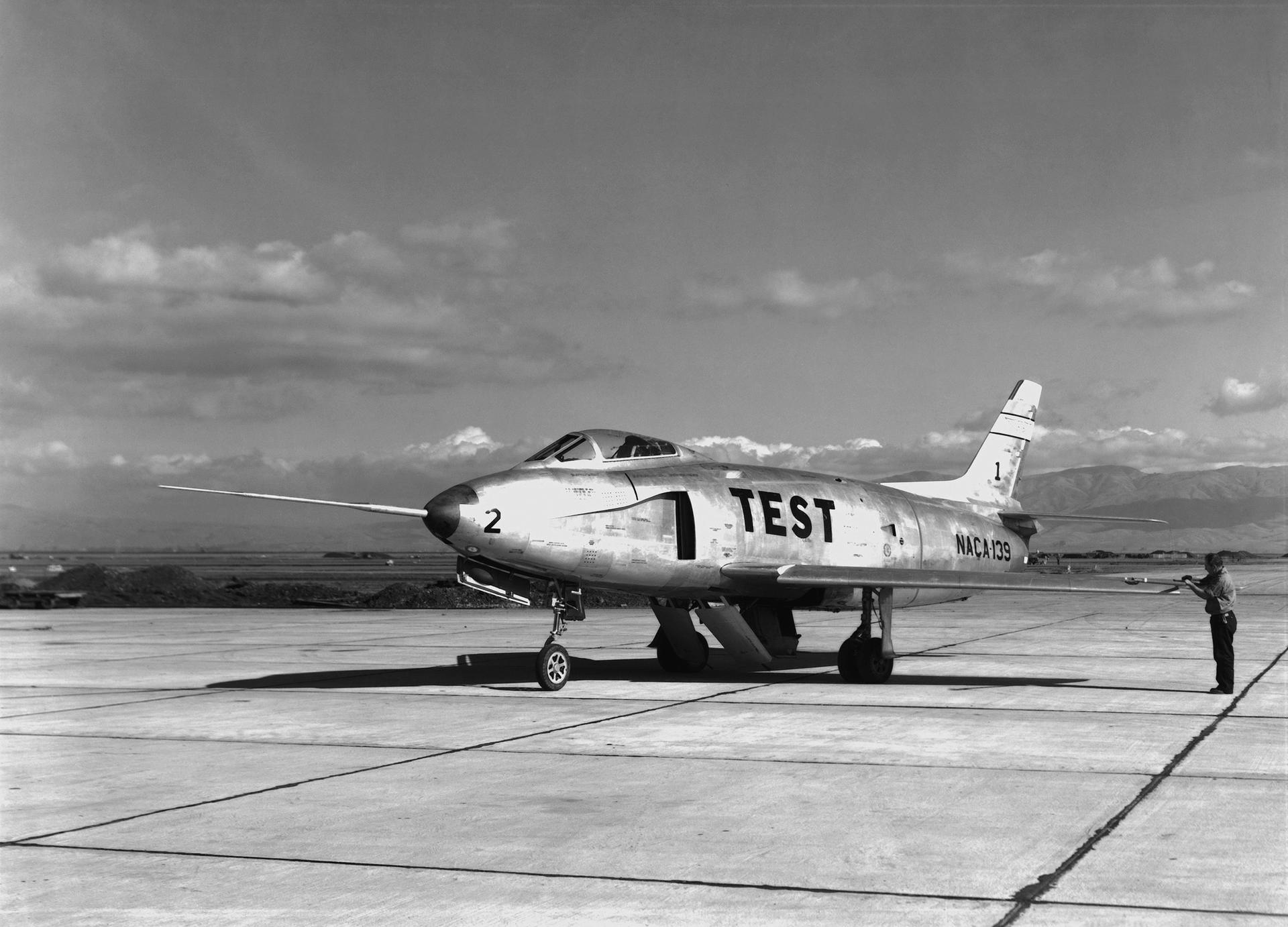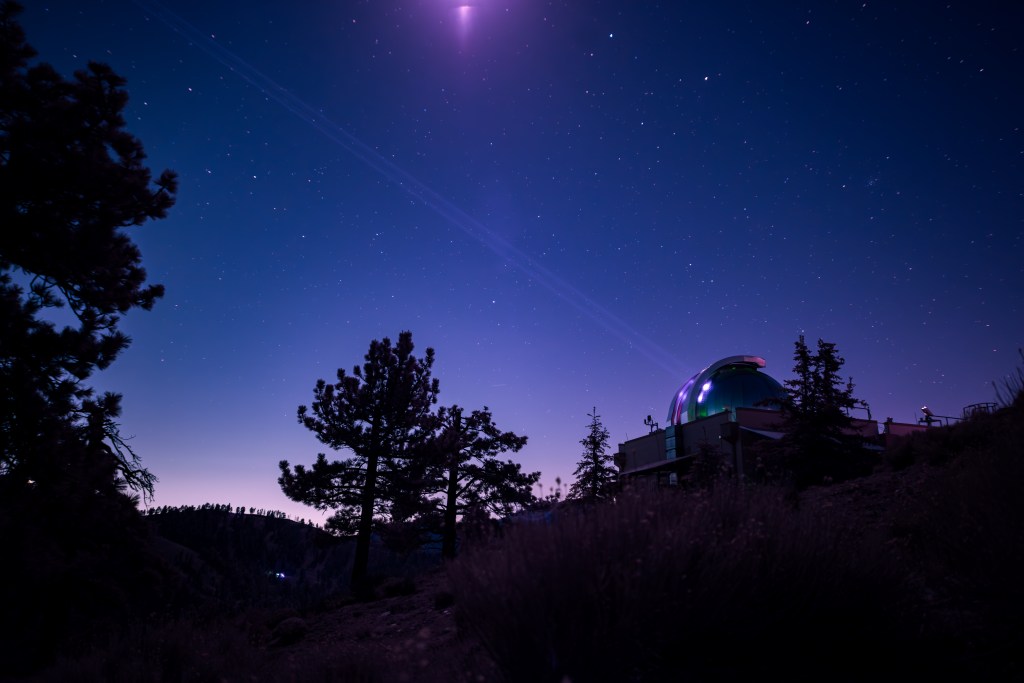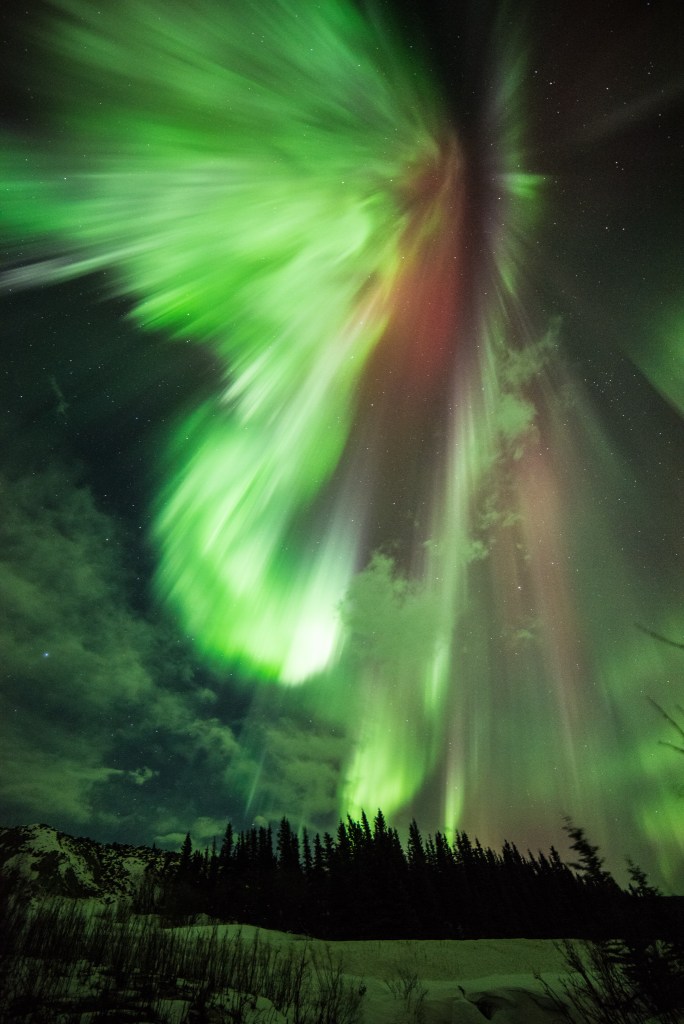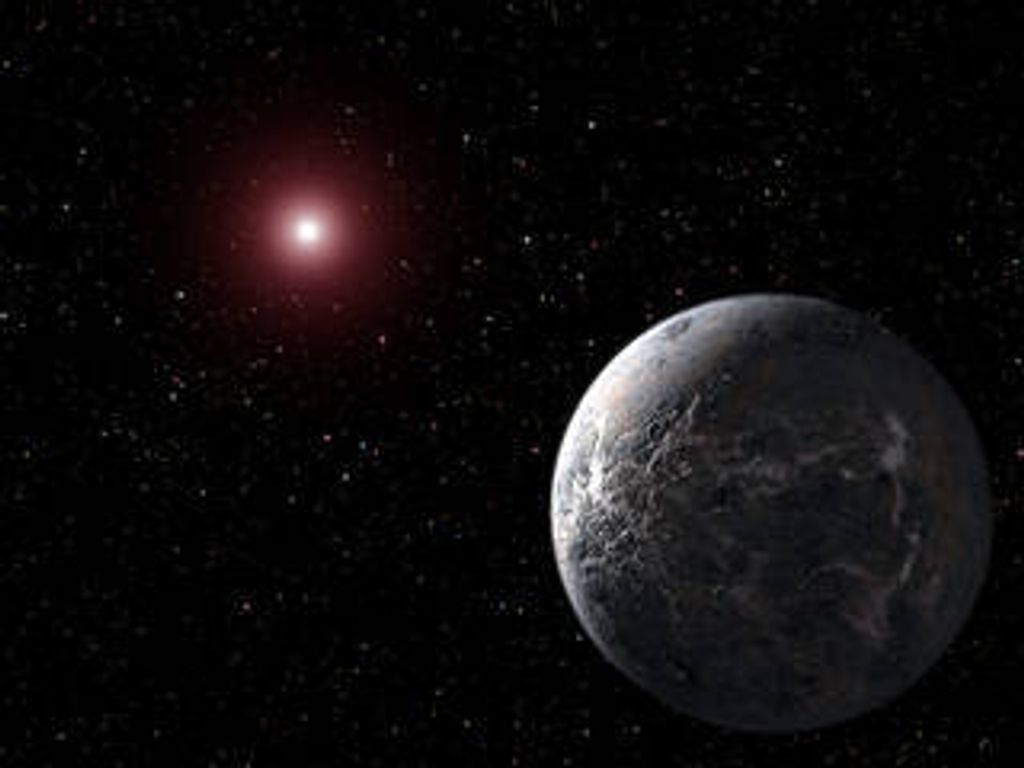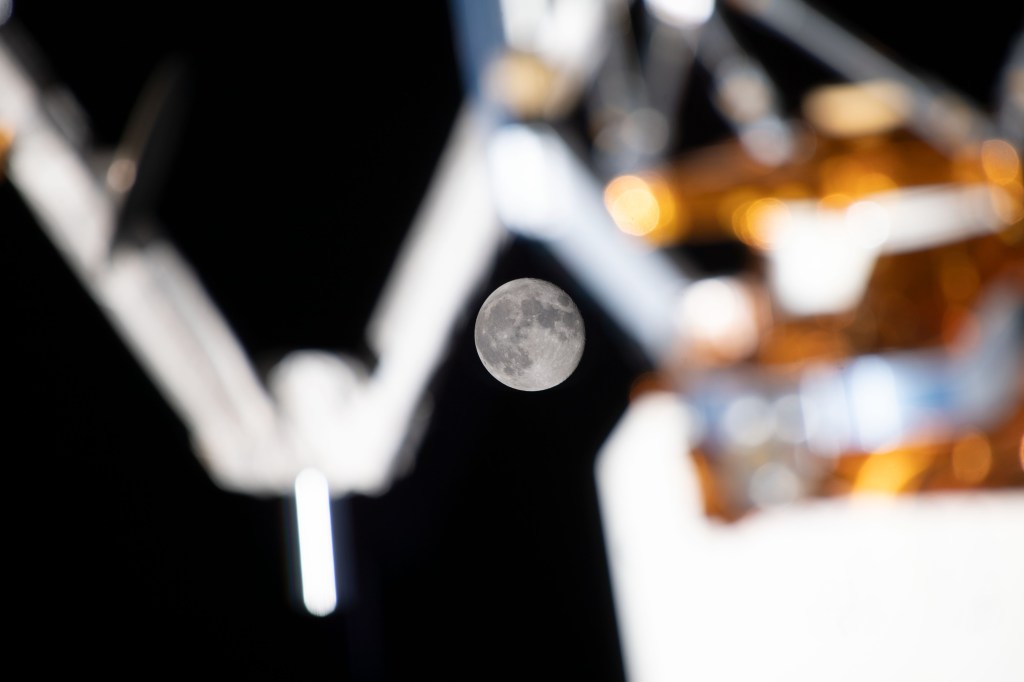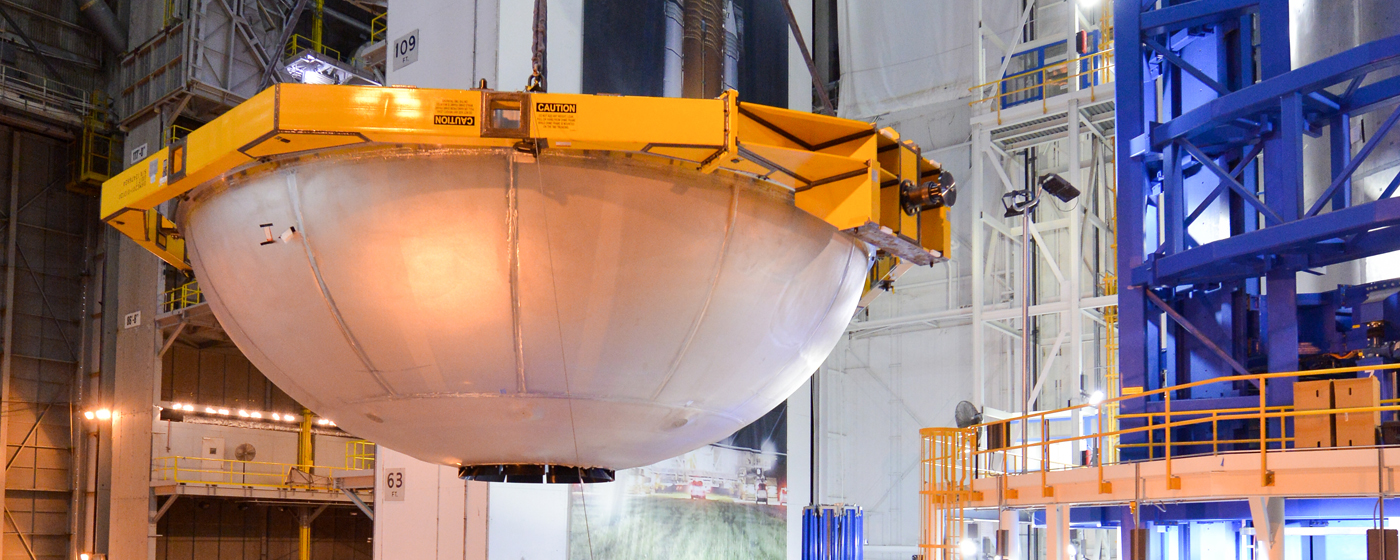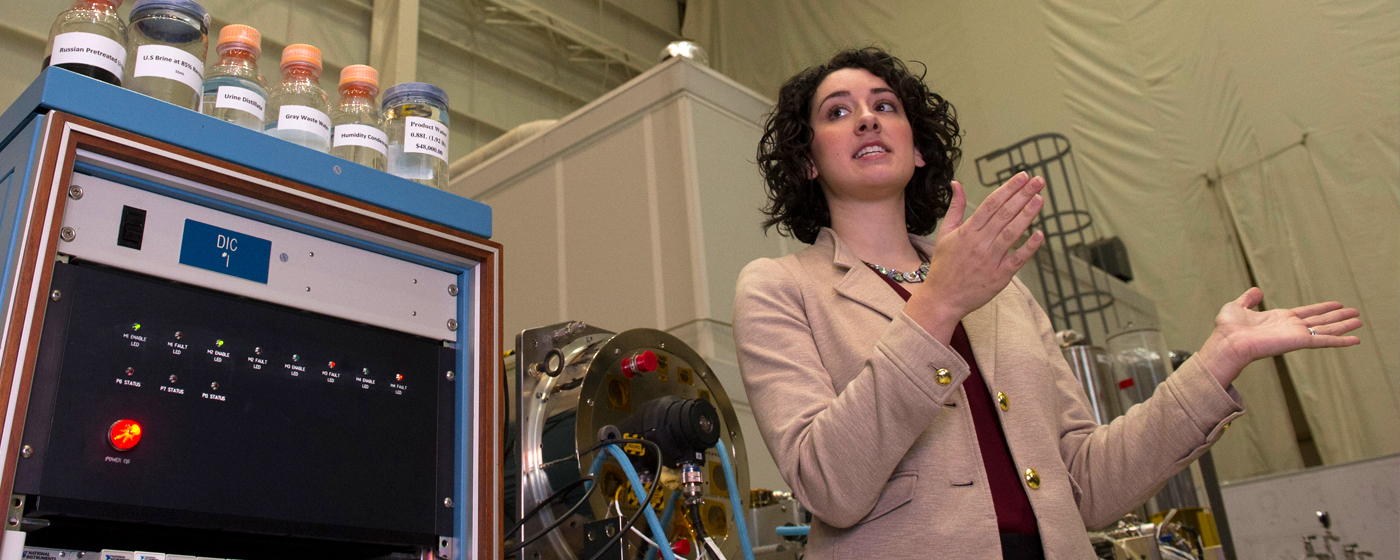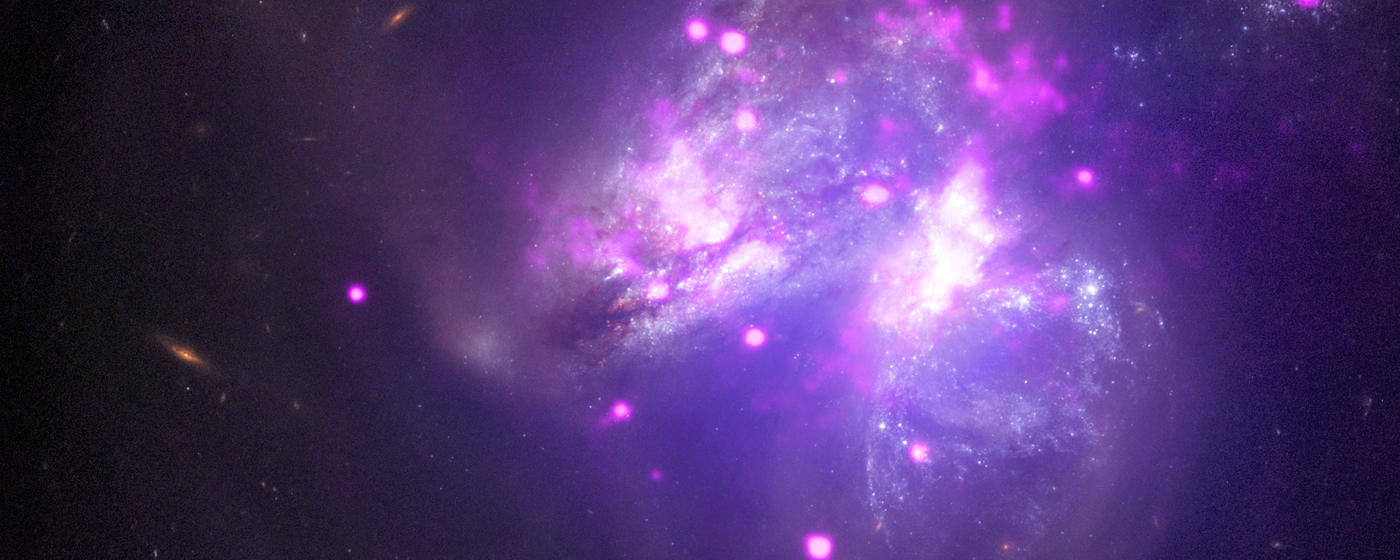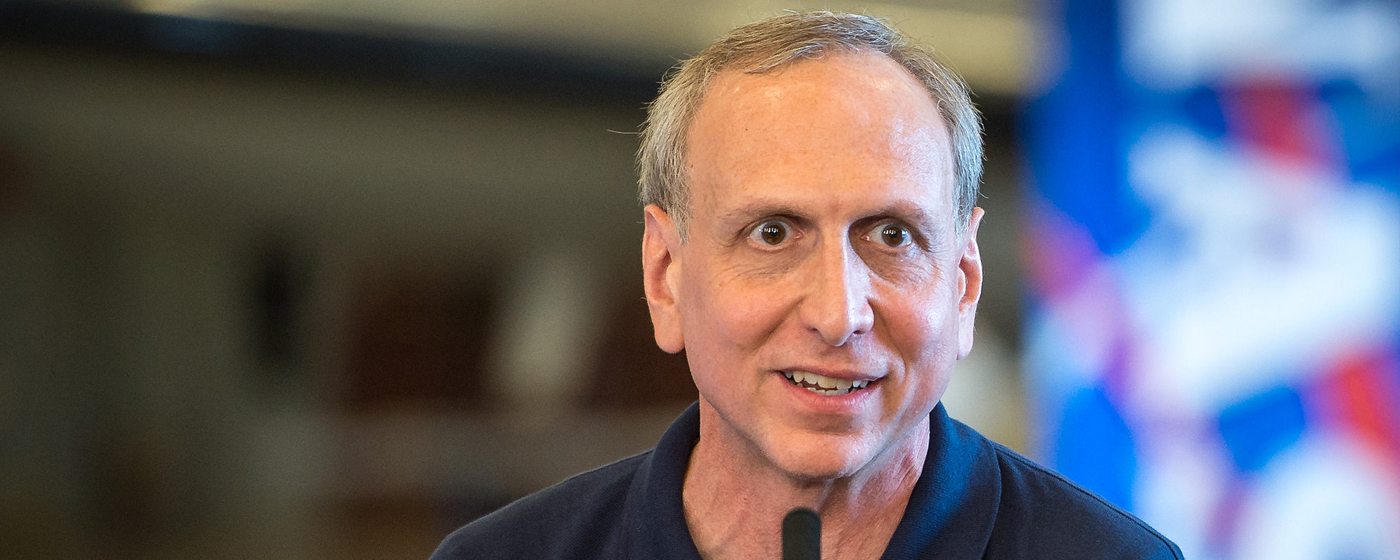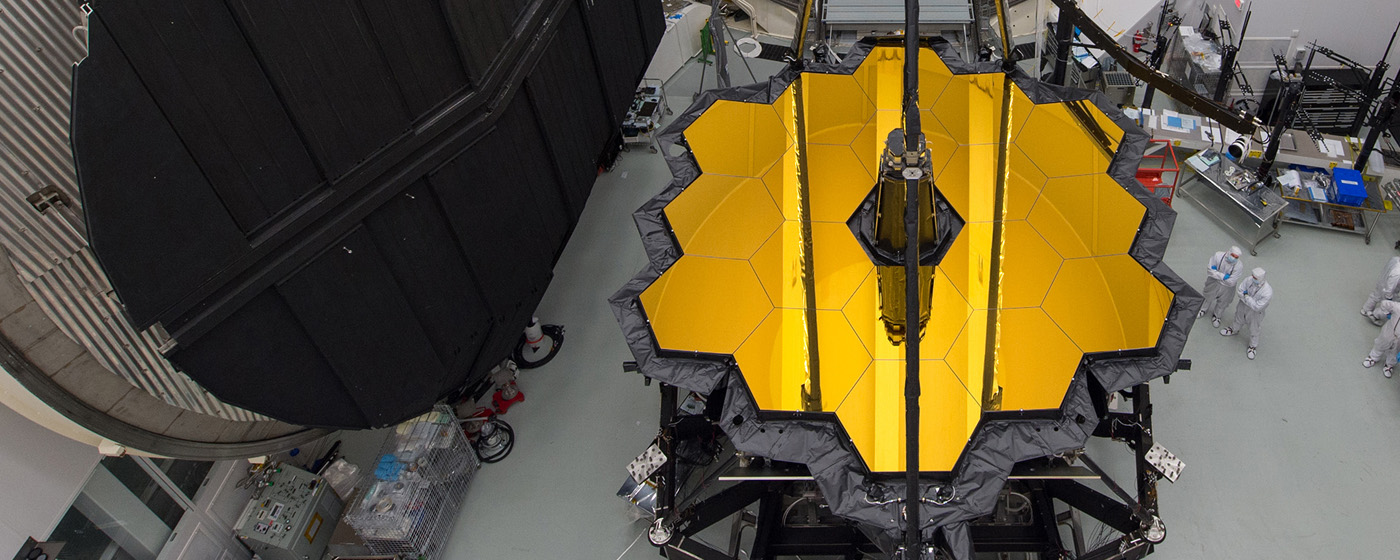SLS Core Stage Production Continues for Rocket’s First Flight
Throughout NASA’s Michoud Assembly Facility — the agency’s 43-acre rocket factory — production continues on flight and test hardware for the Space Launch System’s core stage. Structural manufacturing of flight hardware is complete on three parts for SLS’s first flight NASA’s Orion spacecraft.
How Astronauts Recycle Urine and Sweat on Space Station into Drinkable Water
A pair of behind-the-scenes videos featuring NASA Marshall Space Flight Center engineer Jennifer Pruitt, posted this week on Twitter, explore how astronauts living and working on the International Space Station recycle their urine and sweat into drinkable water. Life support systems conserving water will play a vital role in future deep-space missions, and research could also benefit people on Earth.
Chandra Samples Galactic Goulash
What would happen if you took two galaxies and mixed them together over millions of years? A new image including data from NASA’s Chandra X-ray Observatory reveals the cosmic culinary outcome. Arp 299, a system located about 140 million light years from Earth, contains two galaxies that are merging, creating a partially blended mix of stars from each galaxy in the process.
TDM Bridge Builder: NASA Technology Lead Stephen Jurczyk
For much of his career with NASA, Steve Jurczyk, associate administrator for NASA’s Space Technology Mission Directorate, has championed the use of cutting-edge technology to advance exploration and extend human knowledge. Learn more about how he helps these innovative, cutting-edge NASA projects fly.
NASA’s Webb Telescope Gets Freezing Summertime Lodging in Houston
NASA’s James Webb Space Telescope was placed in Johnson Space Center’s historic Chamber A recently, to prepare for its final three months of testing in a cryogenic vacuum that mimics temperatures in space. Chamber A will subject the telescope to extreme cold temperatures — around 37 Kelvin (393 degrees below zero Fahrenheit).
For more information or to learn about other happenings at NASA’s Marshall Space Flight Center, visit NASA Marshall. For past issues of the ICYMI newsletter, click here.
NASA Marshall Space Flight Center news releases and other information are available automatically by sending an e-mail message with the subject line subscribe to msfc-request@newsletters.nasa.gov.
To unsubscribe, send an e-mail message with the subject line unsubscribe to msfc-request@newsletters.nasa.gov.

